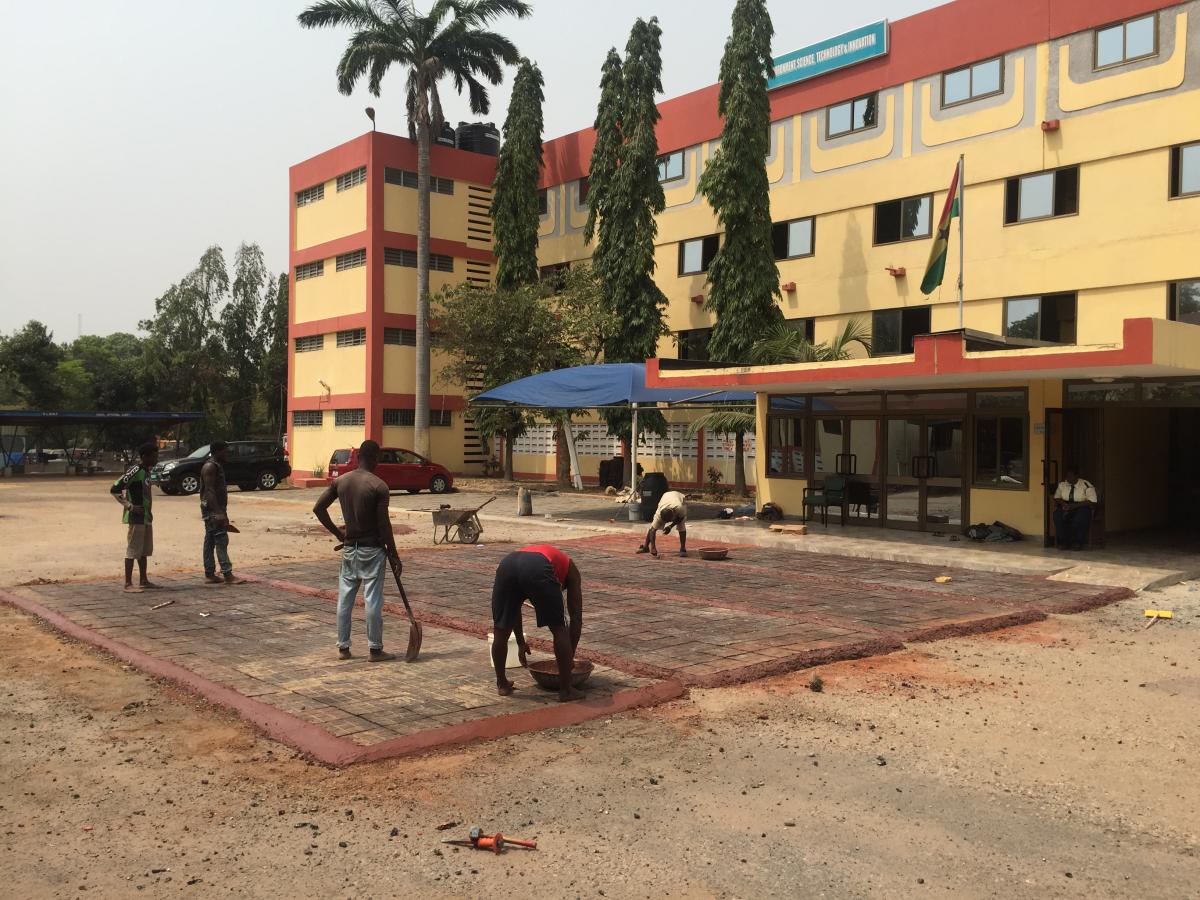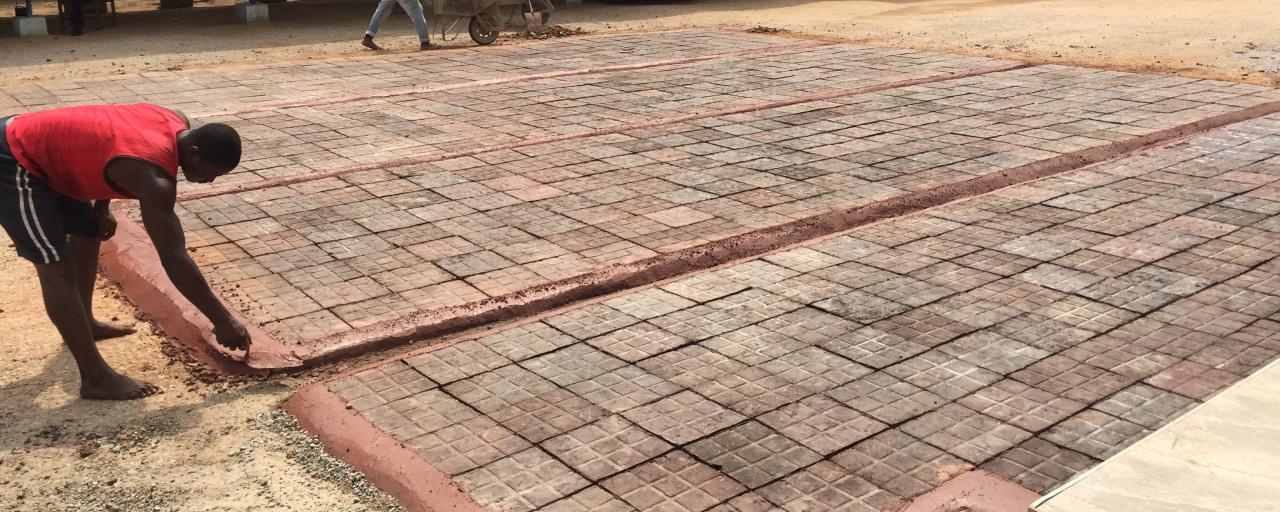Submitted by SafariADV on Mon, 2018-07-02
Every year hundreds of thousands of tons of plastic end up in the oceans, compromising their same life, to be more precise according to the World Economic Forum statistics, by 2050, there will be more plastic waste in our oceans than the fish living there, already today, still according to estimates, 8 million tons of plastic are poured into the oceans every year, damaging both the animals and the ecosystem.
The situation has definitely got out of hand, just think that every year about 380 billion plastic bags are produced and only 7% of them are recycled, this has a disastrous effect on the environment, since the lifecycle of plastic bags makes it impossible to the natural world to break it down and turn it into organic matter.
To cope with this catastrophe there are numerous countermeasures that several countries have put in place, just to give some examples Kenya and Ghana have already outlawed plastic bags.
And another excellent and brilliant example of how to deal with the problem of plastic comes from Ghana: the entrepreneur and engineer Nelson Boateng has recently developed a mix similar to asphalt, recycling plastic, in particular plastic bags. .
Nelson's new form of asphalt consists of 60% of plastic waste and the remaining 40% of sand; Nelplast Ghana Limited, the company specialized in industrial processing with an ecological cut created by Nelson Boateng, transforms plastic trash into stone blocks, that can be used to build and pave roads and sidewalks.
Nelplast, which employs more than 230 people directly and indirectly, has obtained the support of the Government of Ghana, and it is literally turning trash mountains into a functional product, crucial for the management of the waste problem in the world, we can say that, thanks to this initiative, Africa is a little greener.



